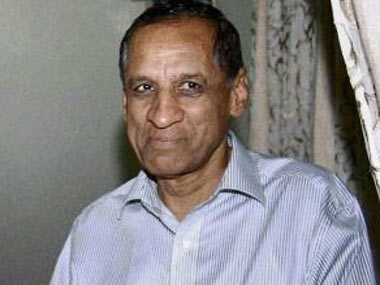Should the UPA government be looking beyond rewarding its trusted bureaucrats with governor posts, especially when they happen to be former Intelligence Bureau officials? With the appointment of BV Wanchoo as the Goa governor, there are now four governors of state who are former officials from the country’s intelligence establishment. The others are MK Narayanan in West Bengal, BL Joshi in Uttar Pradesh and ESL Narasimhan in Andhra Pradesh. [caption id=“attachment_293271” align=“alignleft” width=“380” caption=“The Andhra Pradesh governor has been accused by the opposition of meddling in the state government’s functioning. PTI”]  [/caption] An Indian Express editorial has argued that the UPA- led government should look beyond rewarding its trusted bureaucrats particularly those from the Intelligence Bureau since they are more used to working in secrecy than in the public eye and may not be the best at mediating between the Centre and states at a time when regional parties can’t be brushed aside. The editorial argues that the pool from which to choose governors shouldn’t be narrowed down to a pool of former IB officials:
While these distinguished individuals may be fine governors, the question remains: in a country as diverse as India, and one that presents a myriad challenges to its high constitutional functionaries, can the government have a reason to narrow down the choice of governor to a pool dominated by ex-IB officers?
There are other issues at hand as well. In some cases like that of Andhra Pradesh Governor ESL Narasimhan, a report in the Deccan Herald has accused him of going well beyond his required set of duties and even interfering with the state government’s functioning. The article says that Narasimhan has been accused of altering university vacations to prevent student protests over Telangana, curbing live broadcast of protests and of even undermining the Chief Minister of the state to deal directly with the Centre about the agitation over the formation of a new state. The Intelligence Bureau also doesn’t enjoy the best reputation among politicians, particularly those not allied with the UPA, with accusations of investigating agency being used more to monitor political opposition than to ensure national security. At a time when regional parties have a greater say in state politics, and even national, should the UPA continue with its policy of appointing governors based on their past loyalties to the government and risk antagonising them?


)
)
)
)
)
)
)
)
)



